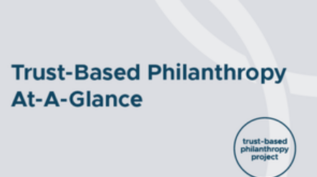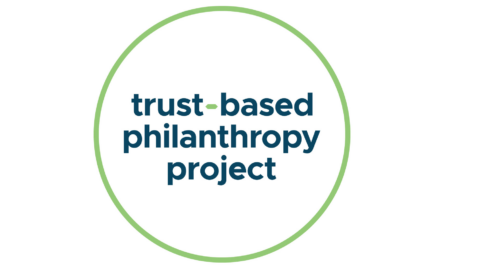Trust-Based Philanthropy
Posted on October 5, 2020 by Trust-Based Philanthropy Project

How to Do A Trust-Based Grantee Meeting
Posted on October 2, 2020 by Trust-Based Philanthropy Project
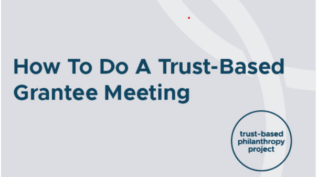
5 Myths of Traditional Philanthropy: A Response to Common Misperceptions About Trust-Based Principles
Posted on October 2, 2020 by Trust-Based Philanthropy Project
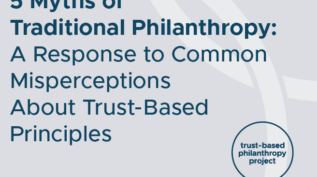
Trust Based Philanthropy Self Reflection Tool (Trust Based Philanthropy Project, 2021)
Posted on October 2, 2020 by Trust-Based Philanthropy Project
7 Responsibilities of A Trust-Based Board
Posted on October 2, 2020 by Trust-Based Philanthropy Project
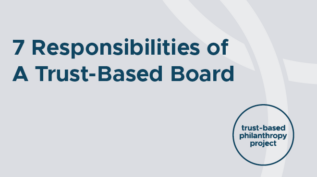
Legal Considerations of Trust-Based Philanthropy
Posted on October 2, 2020 by Trust-Based Philanthropy Project
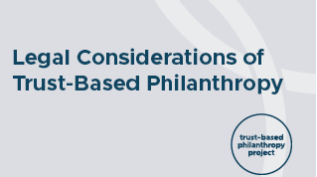
Trust-Based Philanthropy At-A-Glance
Posted on October 2, 2020 by Trust-Based Philanthropy Project
